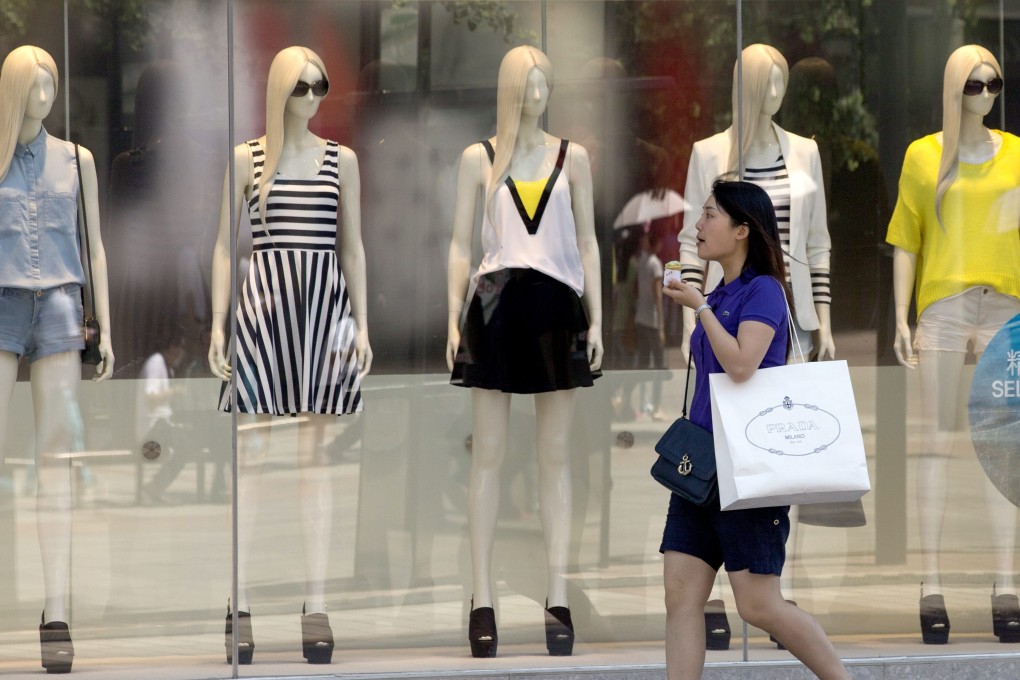China's professional shoppers face renewed scrutiny as government cracks down on agents purchasing goods overseas
The mainland government may move to sharply curb the booming overseas shopping agency business in an attempt to boost domestic consumption.

The mainland government may move to sharply curb the booming overseas shopping agency business in an attempt to boost domestic consumption.
"The government is mulling over more severe measures, like legal punishment, against overseas shopping agents. The new policies will be launched soon," said Zhou Ting, director of Fortune Character Institute, a Shanghai-based market research unit. Zhou is also a consultant with the Ministry of Commerce and the Ministry of Finance.
Overseas shopping agency businesses, known as daigou in Putonghua, have grown quickly in recent years as Chinese consumers buy more goods from foreign countries, such as baby formula, cosmetics, luxury handbags and fresh food.
Agents purchase products in overseas markets and sell to mainland customers at a profit, often evading import tariffs to save costs.
But the market is rife with counterfeits, which attract buyers on the hunt for bargains.
One of the major categories for the agents is luxury goods. A report by consulting firm Bain & Co put the value of daigou business for luxury goods at between 55 and 75 billion yuan (HK$93.5 billion) in 2014, nearly half what the brands themselves sell through mainland stores.
"The d aigou agents have not only made the government suffer a loss in tax revenue, but they have also hurt local industries, causing disorder in luxury brands' supply and pricing systems and affecting consumer interests in some cases," Zhou said.